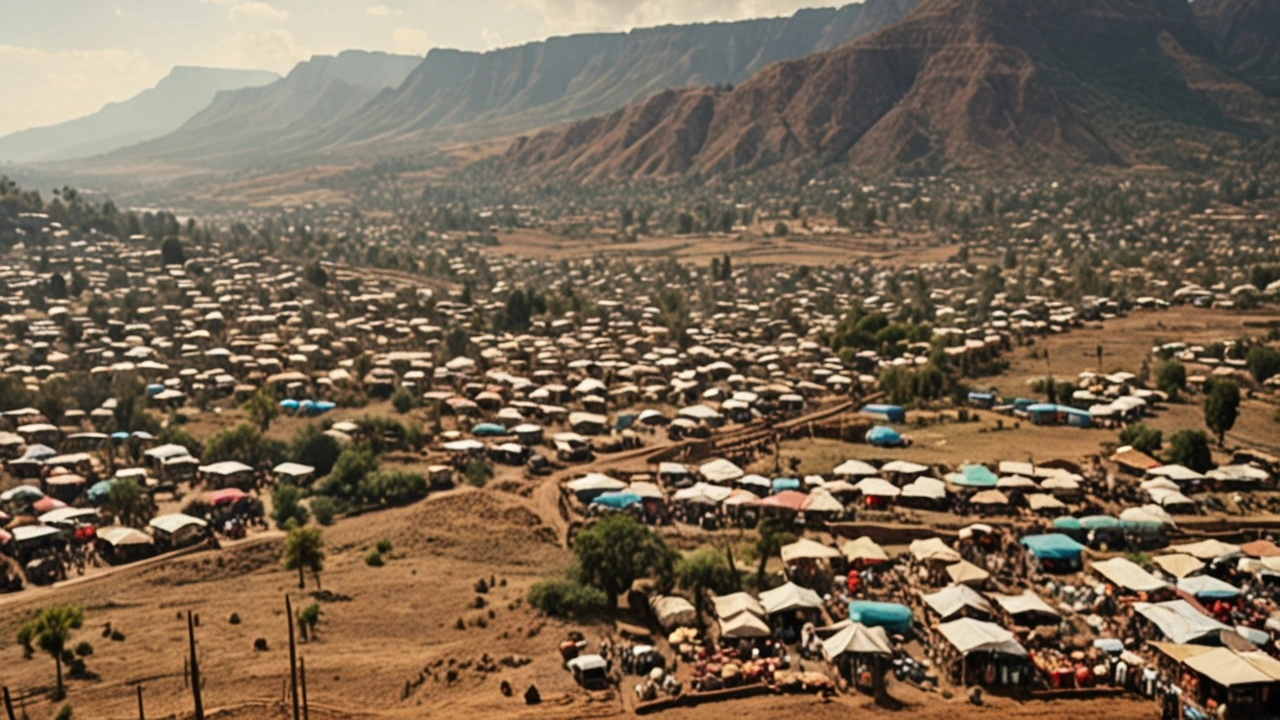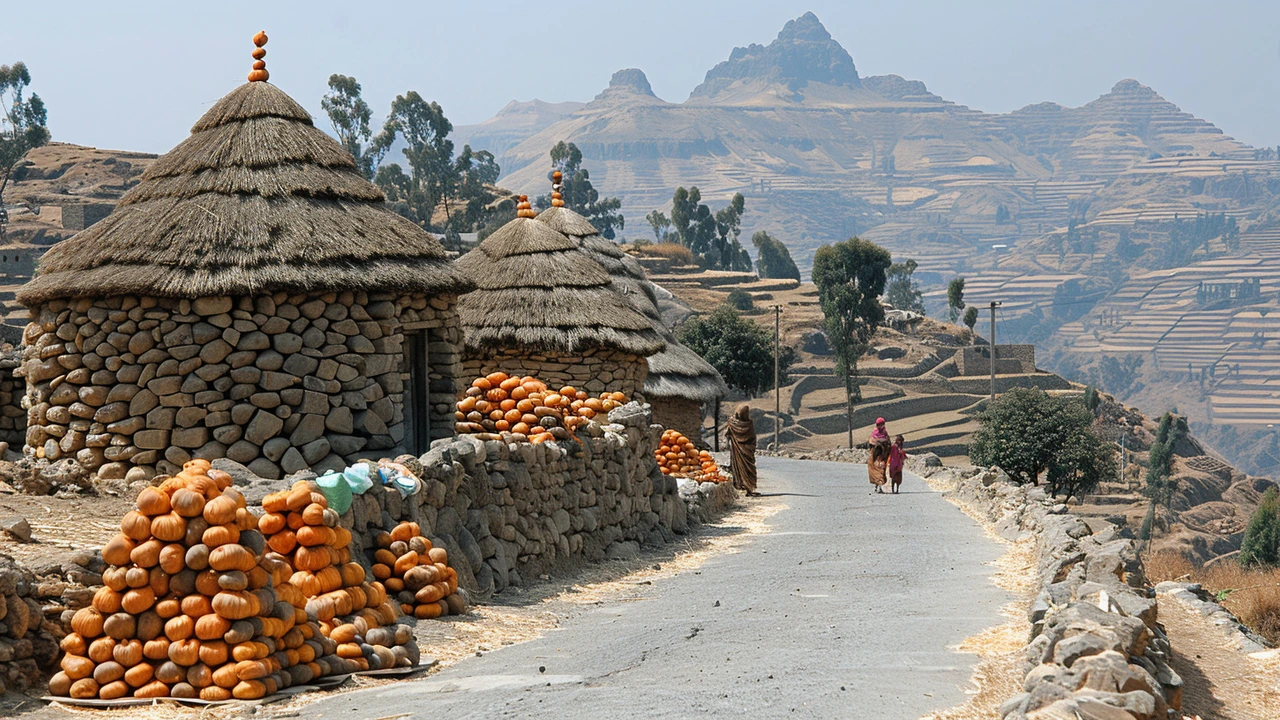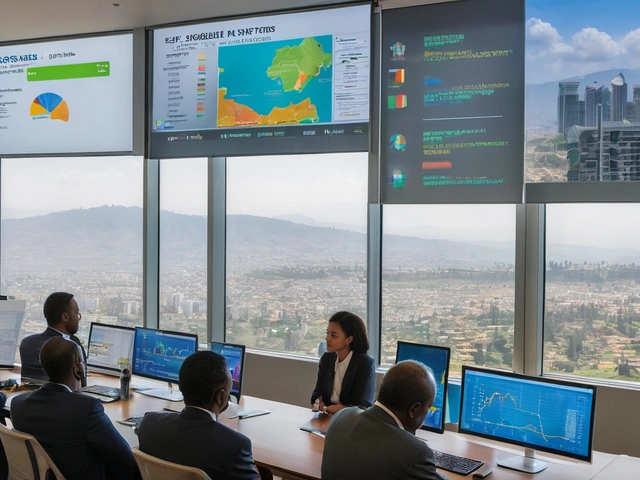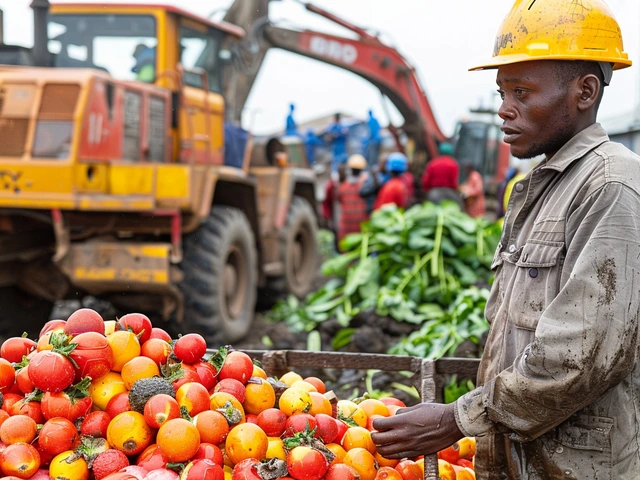Poverty in Ethiopia: Breaking Down Barriers and Finding Real Solutions
Poverty in Ethiopia isn’t just some label you see in the news. It’s part of daily life for millions, shaping how people work, what they eat, and even their hope for the future. But behind the stats and the headlines, real stories show both the challenges and the ways forward.
Ethiopia’s economy has been growing for years, but the gap between rich and poor still stands out. Wages for many jobs remain low. For example, average monthly salaries in urban areas, especially outside Addis Ababa, barely cover rent and food. Teachers, pharmacists, and many others still face tough decisions on their budgets, even after pay increases or extra hours.
House rents eat up a big slice of most people’s earnings. In the city, the cost of a basic apartment can be half a worker’s pay. Affordable options exist but often mean a crowded room, far from work, and limited access to basic services. These financial stresses don’t just drain wallets—they impact health, education, and future ambitions.
It’s easy to think poverty is just about cash, but it shows up in other ways too—like lack of access to good schools, limited healthcare, old-fashioned jobs, and a shortage of investments. Some communities face extra hurdles due to language barriers, traditional customs, or just being a long way from the city centers where most opportunities cluster.
Yet, there’s more going on than struggle. Many Ethiopians hustle with side gigs, freelance work, or online opportunities. Thanks to wider internet access, some are boosting income with remote jobs, e-commerce, or teaching languages online. Even if global platforms like PayPal aren’t fully available, local alternatives and creative workarounds help thousands earn and save more.
Investment in Ethiopia keeps rising. If you’re thinking about new opportunities, agriculture, construction, and technology sectors are seeing growth. More investors—both local and international—mean more jobs and higher salaries in certain professions. Young entrepreneurs are finding ways to start small businesses, sometimes with almost no capital.
Still, the gap between the country’s richest and everyone else is huge. Stories about Ethiopian millionaires or the wealthiest business moguls often seem distant from ordinary life. But they also remind people that there are paths to success—especially for those willing to learn new skills, adapt, and spot market gaps.
So, what can make the biggest difference? Access to education and training consistently stands out. If more people can learn in-demand skills—like tech, construction, or even language translation—they gain access to better paying roles. Government initiatives and private training programs are slowly bridging that gap, but there’s much work ahead.
Poverty in Ethiopia is real, and it’s complicated. But change is happening every day. Whether it’s someone starting an online business, a teacher taking extra classes, or a young professional working in a growing sector—all these steps chip away at the barriers. If you’re searching for work or thinking about investing, understanding the realities (and the opportunities) of poverty in Ethiopia will help you make smarter, more impactful choices.







